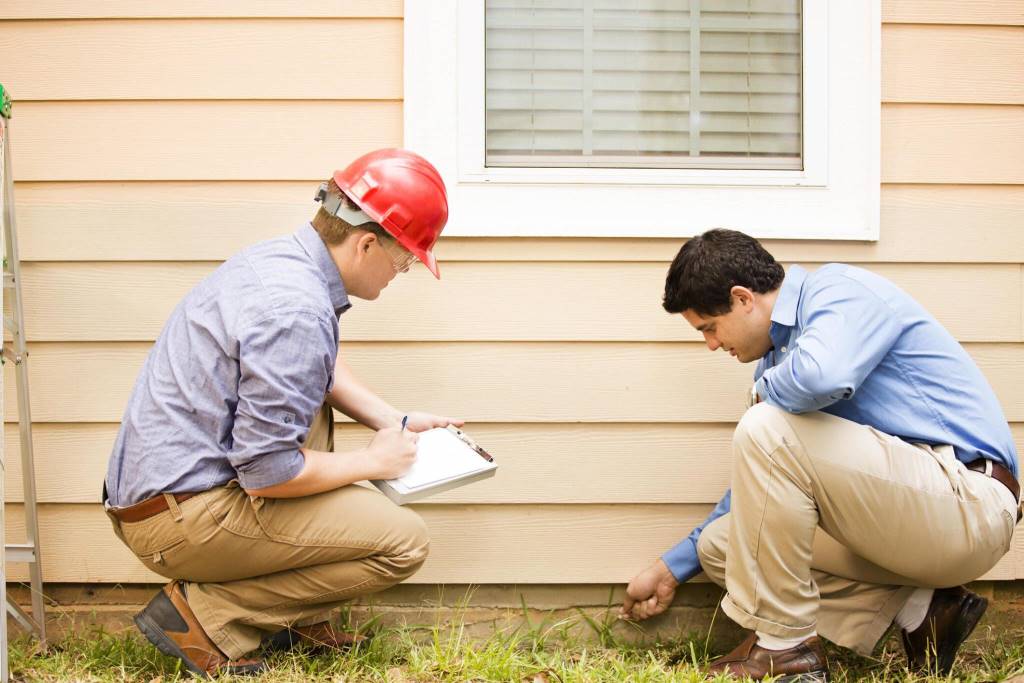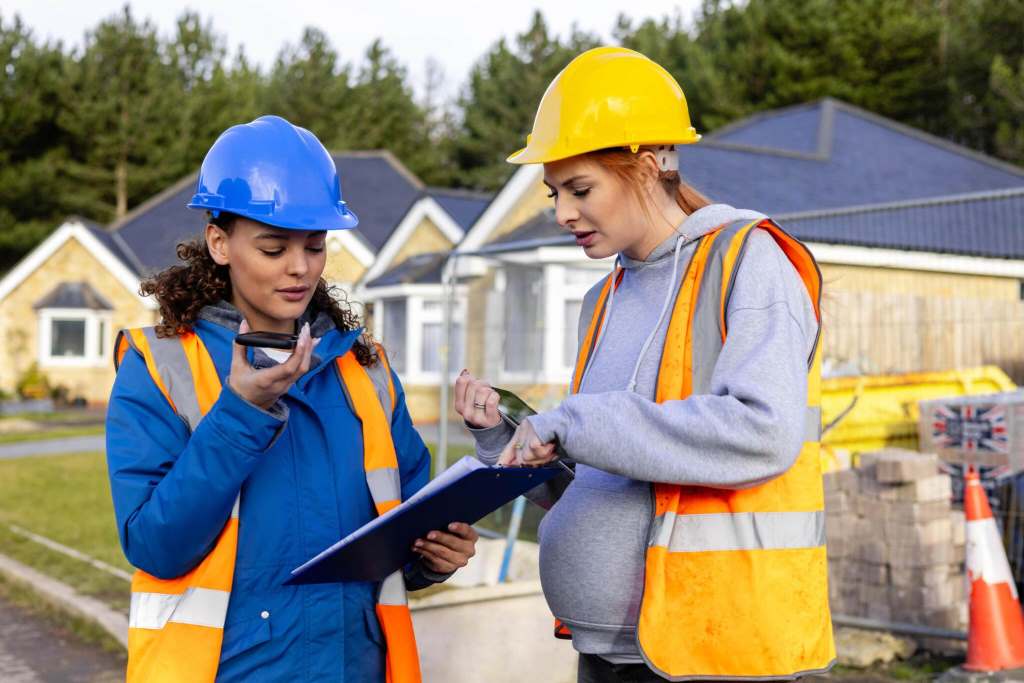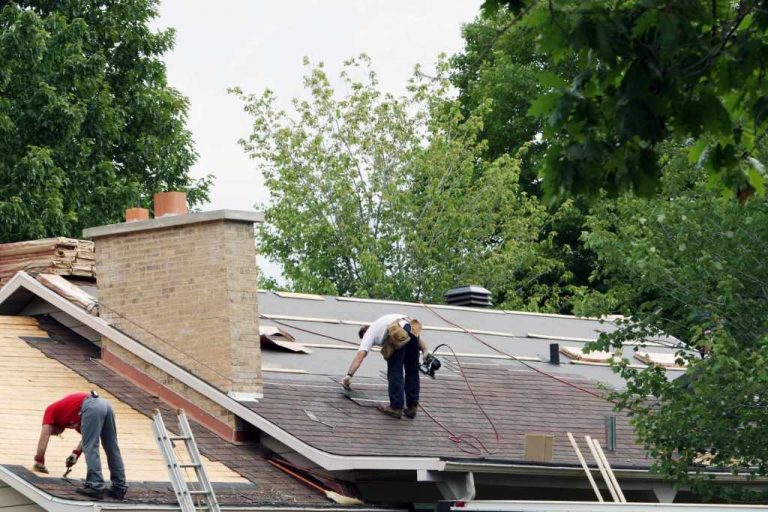House inspection is a crucial step in the process of buying or selling a home. It provides valuable insights into the condition of a property, helping both buyers and sellers make informed decisions. Beyond facilitating real estate transactions, house inspection plays a significant role in improving home quality.
By identifying potential issues and addressing them proactively, house inspection contributes to enhancing the safety, functionality, and longevity of a home. In this article, we’ll explore the importance of house inspection in improving home quality and the various ways it benefits homeowners
Understanding House Inspection
Understanding house inspection is vital for both buyers and sellers. It involves a comprehensive assessment of a property’s condition, identifying potential issues ranging from structural integrity to safety hazards. This knowledge empowers stakeholders to make informed decisions in real estate transactions, ensuring peace of mind.
What is House Inspection
House inspection is a crucial process in real estate transactions, involving a thorough evaluation of a property’s condition. It aims to identify any potential issues, from structural flaws to safety concerns, providing valuable insights for buyers and sellers alike.
- Definition: House inspection is a thorough examination of a property’s structure, systems, and components conducted by a qualified inspector.
- Purpose: The primary purpose of house inspection is to evaluate the overall condition of the property, identify any existing or potential issues, and provide an objective assessment of its quality and safety.

Importance of House Inspection
House inspection plays a pivotal role in real estate, offering buyers invaluable insights into a property’s condition. By uncovering potential issues like structural defects or safety hazards, it empowers informed decision-making and ensures investments are sound and secure.
- Risk Mitigation: House inspection helps mitigate the risk of unforeseen problems or expenses by uncovering issues before they escalate into major issues.
- Informed Decision-Making: Inspection findings empower buyers and sellers to make informed decisions about the property, including negotiating repairs or adjusting the sale price accordingly.
The House Inspection Process
The house inspection process is a critical step in real estate transactions, involving a comprehensive assessment of a property’s condition. From structural integrity to safety features, this evaluation provides invaluable insights for buyers and sellers, facilitating informed decisions and ensuring transactional transparency.
Pre-Inspection Preparation
Pre-inspection preparation is essential for a thorough property evaluation. It involves readying the home for inspection, ensuring accessibility to all areas, organizing documentation, and addressing any potential concerns beforehand, facilitating a smooth and comprehensive assessment process.
- Scheduling: The buyer or seller arranges for a house inspection with a licensed inspector, coordinating the date and time of the inspection.
- Access: The homeowner ensures that the property is accessible to the inspector, providing keys or access codes if needed.
On-Site Inspection
On-site inspection is a fundamental aspect of property evaluation, conducted in real-time at the location. This hands-on assessment allows inspectors to thoroughly examine structural integrity, identify potential issues, and provide precise recommendations, ensuring informed decision-making in real estate transactions.
- Thorough Examination: The inspector conducts a detailed examination of the property’s interior and exterior, assessing the condition of the foundation, roof, plumbing, electrical systems, HVAC, and more.
- Documentation: The inspector documents their findings, noting any defects, deficiencies, or areas of concern.

Reporting and Analysis
Reporting and analysis are essential stages following a property inspection, where findings are documented and assessed. This meticulous process involves detailing any identified issues, providing valuable insights to stakeholders, and guiding informed decisions in real estate transactions.
- Comprehensive Report: After the inspection, the inspector compiles their findings into a comprehensive report, detailing the condition of the property and any issues identified during the inspection.
- Recommendations: The report may include recommendations for repairs, maintenance, or further evaluation by specialized professionals.
Benefits of House Inspection for Improving Home Quality
House inspection offers myriad benefits for enhancing home quality. By identifying potential issues like structural defects or safety hazards, it enables timely repairs and maintenance, ensuring a safer, more comfortable living environment for occupants while preserving property value.
Early Detection of Issues
Early detection of issues is crucial in property maintenance. Through thorough inspection, potential problems like structural weaknesses or safety hazards can be identified promptly, allowing for timely intervention and preventive measures, ultimately safeguarding property integrity and occupants’ well-being.
- Identifying Problems: House inspection allows for the early detection of potential issues such as structural defects, water damage, mold growth, and faulty systems.
- Preventive Action: By identifying problems early on, homeowners can take preventive action to address issues before they worsen and become more costly to repair.
Enhanced Safety and Security
Enhanced safety and security are paramount in any property. House inspection plays a vital role in identifying potential risks such as structural vulnerabilities or safety hazards, ensuring proactive measures can be taken to safeguard occupants and assets effectively.
- Ensuring Structural Integrity: Inspection helps ensure that the property’s structure is sound and stable, reducing the risk of collapse or structural failure.
- Identifying Safety Hazards: Inspectors identify safety hazards such as electrical hazards, fire risks, and tripping hazards, allowing homeowners to address them promptly and minimize the risk of accidents.

Improved Functionality and Efficiency
House inspection contributes significantly to enhancing functionality and efficiency within a property. By identifying areas for improvement, such as structural weaknesses or outdated systems, it enables homeowners to implement upgrades that optimize space utilization and energy efficiency, resulting in a more functional and cost-effective living environment.
- Optimizing Systems: Inspection assesses the condition and performance of mechanical, electrical, and plumbing systems, identifying inefficiencies or malfunctions that may impact functionality.
- Enhancing Energy Efficiency: By identifying energy inefficiencies such as inadequate insulation or outdated HVAC systems, homeowners can make improvements to enhance energy efficiency and reduce utility costs.
Conclusion
Luxury home builders play a pivotal role in elevating your living experience by bringing your vision of the perfect home to fruition. Through innovative design, masterful craftsmanship, and attention to detail, builders create homes that embody sophistication, comfort, and functionality. From architectural excellence to premium amenities and sustainable design features, luxury homes offer unparalleled comfort, convenience, and elegance, providing a sanctuary where you can live, relax, and entertain in style.











